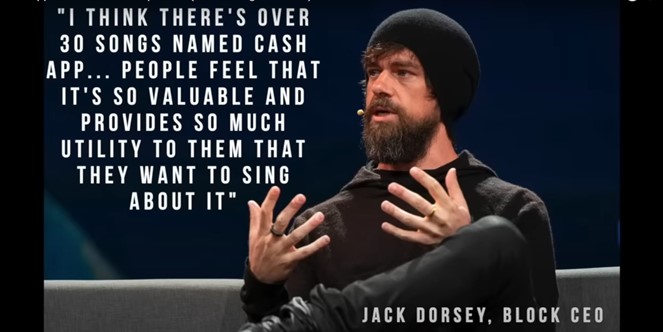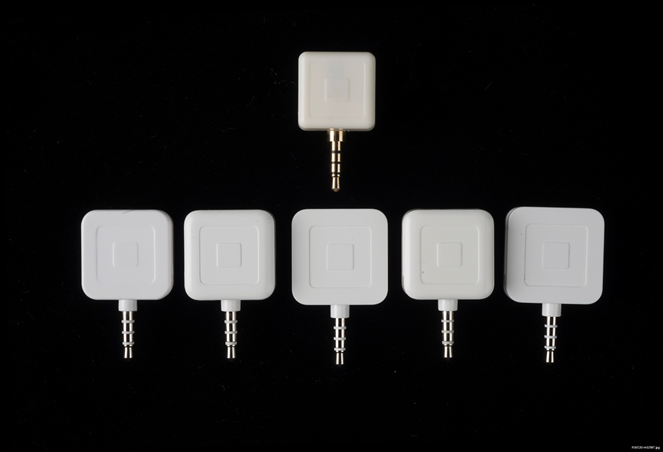| Key Points: – 63% of World Liberty Financial tokens will be available to the public. – The platform will offer decentralized finance services like lending and investing. – Concerns arise over the project’s viability amid the Trump family’s limited crypto experience. |
The Trump family has finally revealed key details about their latest venture in the digital currency space: World Liberty Financial, a crypto project designed to reshape how people interact with decentralized finance (DeFi). At an event held on X (formerly Twitter), the team behind the project disclosed who can buy the platform’s tokens and how those tokens will be allocated, offering greater transparency on a project that has generated significant interest over the past few weeks.
Token Distribution and Public Availability
According to founder Zak Folkman, 63% of the total tokens from World Liberty Financial (WLFI) will be made available for public purchase, while 20% will be reserved for the founding team, which includes members of the Trump family. An additional 17% will be set aside for user rewards, meant to incentivize active participation on the platform. Folkman assured listeners that there will be no pre-sales or early access for insiders, aiming to keep the token launch fair and accessible to all potential investors.
This announcement has garnered attention due to earlier leaked reports that suggested a 70% founder allocation, which raised concerns about the transparency and fairness of the project. The revised structure has slightly alleviated some of those concerns, although skepticism remains about whether the Trump family can successfully navigate the complex and volatile cryptocurrency market.
Trump’s Shift Toward Crypto
During the event, Donald Trump took center stage, offering insights into his evolving stance on cryptocurrency. Initially, the former president admitted he had little interest in digital currencies, but his involvement grew after witnessing the success of his own NFT collections. These collections, sold to supporters and collectors, were paid for using cryptocurrency, which he said helped change his perception of the digital finance world.
Trump remarked, “Crypto is something we have to do, whether we like it or not.” He also criticized the Securities and Exchange Commission (SEC) for what he perceives as an overly aggressive stance toward the industry. This sentiment reflects ongoing frustration among crypto entrepreneurs, many of whom feel that the SEC has stifled innovation through a regulatory approach focused on enforcement rather than clear guidelines.
Lofty Goals for World Liberty Financial
The Trump family and their business partner, Steve Witkoff, are aiming to create more than just a cryptocurrency token. They envision World Liberty Financial as a comprehensive DeFi platform, offering services that would allow users to borrow, lend, and invest in digital assets. Witkoff, who has traditionally worked in real estate, spoke about his excitement in helping to build a platform focused on “frictionless finance,” designed to provide opportunities for individuals who have limited access to traditional credit or banking services.
Despite these ambitious goals, the project has faced criticism and skepticism, with questions arising about the Trumps’ limited experience in the cryptocurrency sector. While the Trump brand brings name recognition, the complex nature of blockchain technology and DeFi operations may pose challenges for the team as they seek to gain credibility in the space.
Potential Risks and Challenges
Launching this crypto platform during a heated presidential campaign adds further intrigue. Trump’s increasing support for cryptocurrency on the campaign trail could appeal to a niche group of crypto-friendly voters, but it also raises the stakes for this project. Should World Liberty Financial stumble, it could tarnish Trump’s image among both supporters and investors.
Moreover, the cryptocurrency market is notoriously volatile, and new projects like World Liberty Financial often face significant obstacles to achieving long-term success. Investors and enthusiasts will be closely watching how this project unfolds, particularly given the Trumps’ high-profile involvement.
Moving Forward
The team behind World Liberty Financial has promised to release more updates on the project’s progress via official social media channels in the coming months. Meanwhile, potential investors have been urged to stay alert to possible scams, as the project has already attracted significant public interest.
As the Trump family forges ahead in the world of crypto, many remain curious—and cautious—about whether World Liberty Financial can live up to its promises or whether it will become another footnote in the rapidly evolving cryptocurrency landscape.




